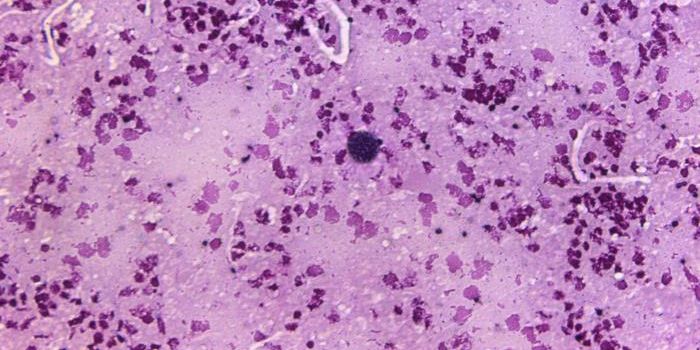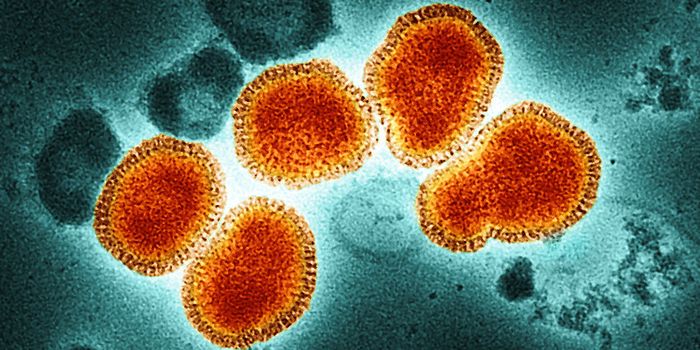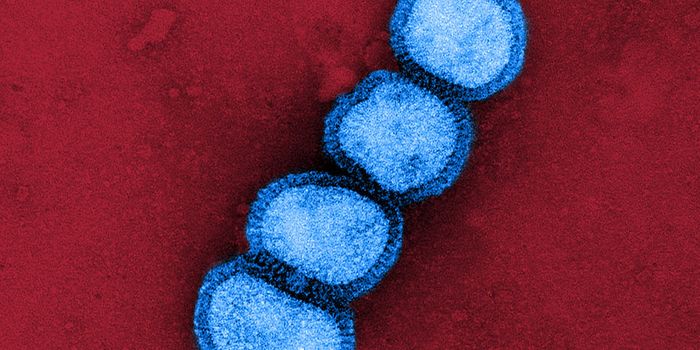Researchers from Vanderbilt University Medical Center found that a vaccine adjuvant could protect burn victims from infection.
The group found that the adjuvant monophosphoryl lipid A induces the production of granulocyte colony stimulating factor (G-CSF) to boost the production of infection-fighting neutrophils.
Lipid A is a component of lipopolysaccharide (LPS) found in Gram-negative bacteria; LPS induces a significant immune response during bacterial infection. Cells sense the presence of LPS using toll-like receptor 4, which signals the immune system that an infection is present.
Monophosphoryl lipid A (MPLA) is a component of many vaccines (anti-cancer vaccines, for example) where it is used to generate an immune response. In this application, the MPLA comes from Salmonella minnesota and has been tested in over 300,000 human subjects.
In a study published in the
Journal of Leukocyte Biology, the Vanderbilt University researchers used a mouse model to test whether MPLA could help prevent infection in burn patients. They induced a burn injury in two groups of mice. One group received MPLA, and the other received only saline. The researchers then added
Pseudomonas aeruginosa bacteria to the wounds and monitored how the infection spread. Mice treated with MPLA had fewer
P. aeruginosa cells in their blood and lungs. They also had a higher rate of survival than saline-treated mice.
The researchers suspected that G-CSF helped stimulate neutrophils to fight infection after the mice were treated with MPLA. To test this, they blocked G-CSF production before treating the mice with MPLA. In this case, MPLA was not able to protect the mice, indicating an important role for G-CSF.
According to study author Julia Bohannon, “as a survivor of a severe burn injury myself, it is my ultimate hope that this study, and future studies that stem from these findings, will lead to effective interventions that will significantly reduce the incidence of deadly infections in burn patients, as well as other critically ill and injured patients".
Source:
Journal of Leukocyte Biology,
Lipid A in Cancer Therapy, EurekAlert, Wikipedia









